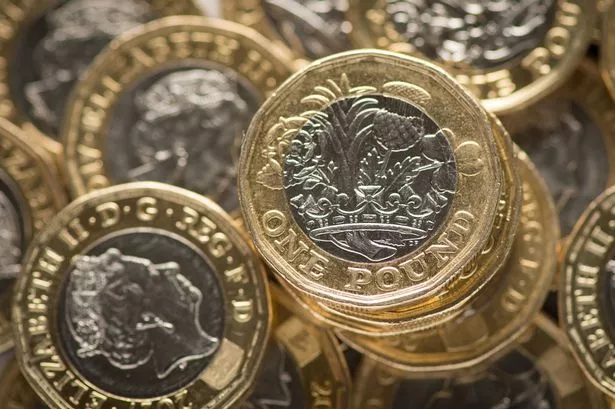Managing the cost of living remains a daily struggle for millions of people Millions of people claim benefits(Image: Dominic Lipinski/PA Wire)
Millions of people claim benefits(Image: Dominic Lipinski/PA Wire)
In the UK, one in three people are claiming some sort of DWP-administered benefits. According to figures from Policy in Practice, £23bn worth of benefits go unclaimed each year.
Up to 24m people were claiming a combination of DWP benefits in February 2025. 13.2m were of State Pension Age (including those in receipt of their State Pension) 10m were of working age and 800,000 were under 16, and in receipt of DLA as a child. Data from January 2024 shows there were 6.4m people on Universal Credit and 163,000 households were receiving the Universal Credit childcare element in November 2023.
There were 3.9m people on some sort of health-related benefit over 2023-24.
For millions in the country, managing the cost of living remains a daily struggle as prices continue to rise faster than household incomes.
Recent research from the Joseph Rowntree Foundation found that low-income families in the UK are on course for the worst fall in living standards on record by the next election in 2029.
One of the financial changes set to be implemented from next month are energy prices. Ofgem has announced a 2% rise in the energy price cap from October 1, affecting typical households across England, Scotland and Wales.
This increase will result in an approximate monthly bill hike of £2.93 for the average household, meaning homes on a default tariff will be paying £102 for what currently costs £100 per month.
The new cap means that the typical household will pay £1,755 annually for gas and electricity, for a standard dual-fuel direct debit plan. That’s an increase of about 2%, and represents an extra £35 a year on average, or £2.93 per month.
The DWP payment dates for next month are below, they should be routine as there are no bank holidays this month. You can find further information about your benefits via Gov.uk and other support that may be available to you.
In October, benefit payment dates will be going out as normal as there are no bank holidays that can cause a schedule change. Benefits that will be sent out this month include:
Universal CreditState pensionPension creditChild benefitDisability living allowancePersonal independence payment (PIP)Attendance allowanceCarer’s allowanceEmployment support allowanceIncome supportJobseeker’s allowance
Pension payment dates in October
Pension payments are paid straight into bank accounts. This is usually paid every four weeks, and the exact date you receive it will correspond to the last two digits of National Insurance (NI) numbers. Here is when you could be paid into your account, based on those numbers:
00 to 19: Monday20 to 39: Tuesday40 to 59: Wednesday60 to 79: Thursday80 to 99: Friday
In April, all benefits were uprated by 1.7%, matching the September 2024 inflation figure. The increase applied to all working-age benefits, including Universal Credit, PIP, DLA, Attendance Allowance, Carer’s Allowance, ESA and others.
In April next year, all Universal Credit claimants will receive an above-inflation increase to their income following the passage of Labour’s controversial welfare bill. These extra-inflationary increases will continue yearly until 2029.
However, the monthly payment rate for the health-related element of Universal Credit for new claimants will be cut from £105 to £50. This rate will also be frozen until 2029. The state pension is expected to rise by 4.7% from next April in line with annual earnings growth. This will bring the weekly amount to £241.05.

